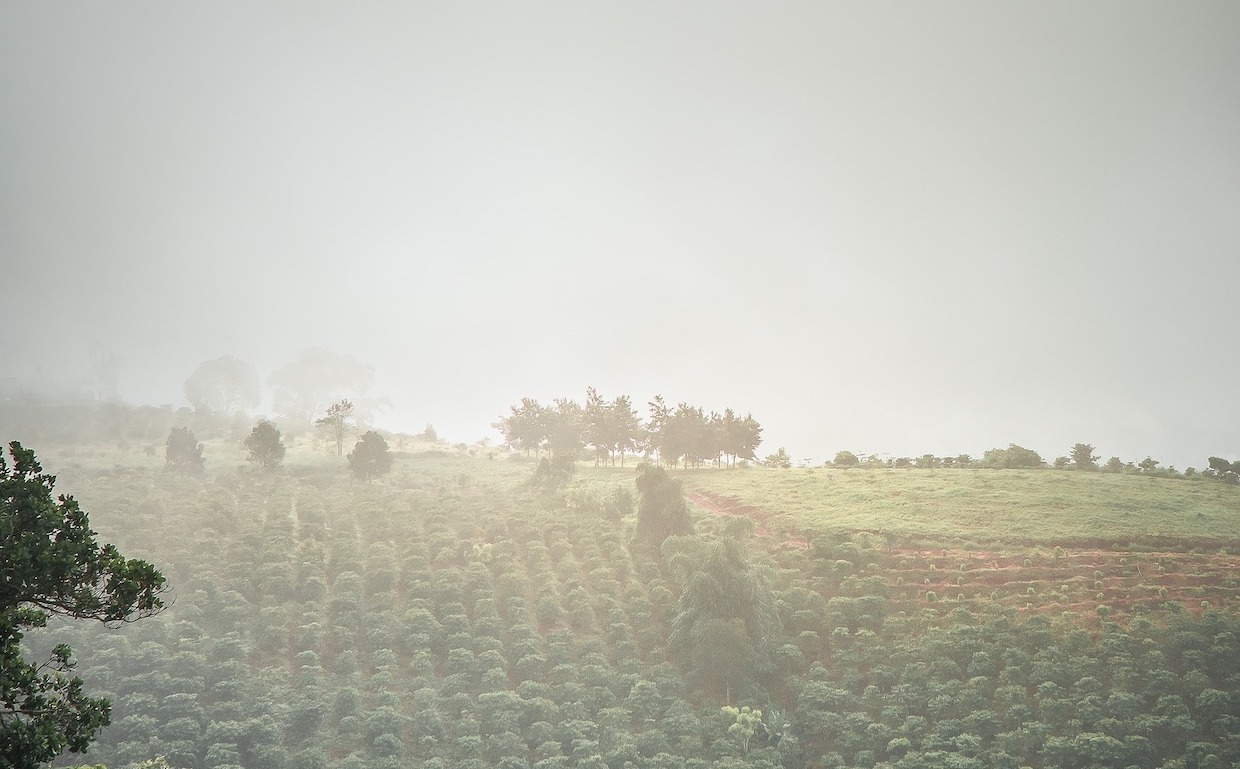After a year of off-cycle production, higher-than-average fertilizer costs and a dip in planted area, Vietnam is expected to see a 6% increase in total coffee production in market year 2023/24.
This is according to the most recent USDA Foreign Agriculture Service (FAS)
report on the Vietnam coffee sector, which anticipates that exports from Vietnam will see significant drop in 2023/24, despite the increased production.
The drop is expected due to lower in-country green coffee stocks following a period of higher prices, as well as stricter EU import regulations taking effect later this year.
[Note: This is part of a series of DCN stories exploring the FAS coffee annual reports. The U.S. information agency is currently scheduled to deliver 16 annual country-level reports on the coffee sector. Each of those reports come from different authors and field offices.]
Overall, production from the world’s second-largest coffee-producing country — arabica and robusta combined — is expected to increase to the equivalent of 31.3 million 60-kilo bags, while exports are expected to decline by about 4% to 27.5 million bags due to lower stocks.
Despite the reduced stock volume, the report is optimistic about the export market potential, particularly for robusta.
“For MY 2023/24 exports, trade contacts note that global demand may increase by 1 to 2 percent based on higher demand in the United States and Asia,” the report states. “Additionally, Vietnam robusta is expected to be more competitive with global arabica production which is facing higher costs. As a result, many consumers are forecasted to switch from arabica to robusta due to more attractive prices amid recession concerns. Export supplies of other major exporting producers, such as Brazil and Indonesia, are also showing weaker numbers, giving Vietnam an opportunity to expand its export share.”
The report notably mentions a new amendment to EU Commission environmental regulation (2023/466), scheduled to take effect this September, that cracks down on pesticides and pesticide residues in food.
“This regulation, which stipulates stricter regulations on pesticide residues for nuts, including coffee at 0.1 mg/kg, may cause problems for Vietnam coffee farmers and exporters at the beginning stages of production,” the FAS report states.
Does your coffee business have news to share? Let DCN’s editors know here.







Comment